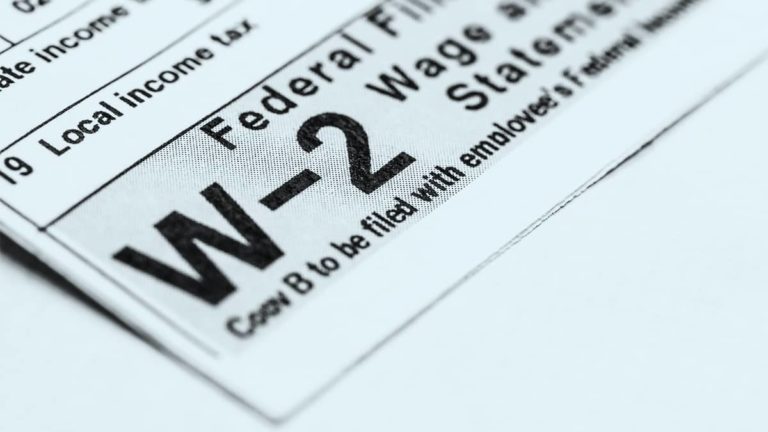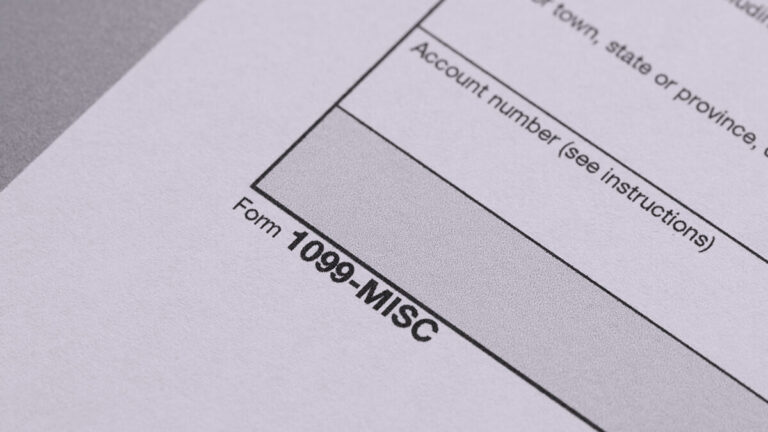As a small business owner, your doors likely aren’t open 24/7. And if you’re like most businesses, you might be closed on federal legal holidays like Thanksgiving or Christmas. According to the Bureau of Labor Statistics, the average full-time employee receives approximately 7.6 paid holidays annually.
Read More How Familiar Are You With Federal Legal Holidays?
Mike Kappel

What Is Minimum Wage? Federal & State Rates for 2024
Minimum wage law prevents employers from paying employees below a certain amount per hour. There is a federal minimum wage, but many states and localities set a higher wage for employers to follow. To ensure your business is compliant with labor laws, read on to learn what is minimum wage.
Read More What Is Minimum Wage? Federal & State Rates for 2024
How to Correct a W-2 Form If You Make a Mistake (Amend Your W-2)
Let’s face it: everybody makes mistakes. So, if you make a mistake on an employee’s Form W-2, don’t panic. Instead, learn how to correct a W-2 form and take action.
Read More How to Correct a W-2 Form If You Make a Mistake (Amend Your W-2)
Types of Business Structures
As a small business owner, one of the first decisions you make is deciding between the different types of business structures. But, choosing between business structures can be intimidating and confusing. Before you decide what business structure type to use for your small business, understand your options.
Read More Types of Business Structures
What Is Per Diem? How to Cover Employees’ Travel-related Business Expenses
When employees incur travel-related business expenses, you might consider covering their costs. You can reimburse employees for expenses by giving them per diem pay. What is per diem pay?
Read More What Is Per Diem? How to Cover Employees’ Travel-related Business Expenses
Understanding Publication 1542 Per Diem Rates
You might have heard about per diem pay before. But, are you familiar with Publication 1542? Learn more about Publication 1542 per diem rates and how to calculate per diem pay below.
Read More Understanding Publication 1542 Per Diem Rates
What Is Filing Status, and How Does It Affect Payroll?
Withholding federal income tax from employee wages is a necessary (but tricky) part of running payroll. There is no standard amount you withhold from employee wages for federal income taxes. Instead, tax amounts are determined by factors like pay, Form W-4 withholding information, and filing status. But, what is filing status?
Read More What Is Filing Status, and How Does It Affect Payroll?
What Is a Highly Compensated Employee?
If your company offers retirement plan options, you have to ensure each employee can benefit equally from the plan. To do this, you must consider who is a highly compensated employee (HCE). Not familiar with highly compensated employees? No worries—we’ll go over the HCE definition, how to determine who is classified as a highly compensated […]
Read More What Is a Highly Compensated Employee?
What Is Mileage Reimbursement, and How Does it Work?
As a business owner, running errands is inevitable. But sometimes, you are too busy to make the run yourself. You might send an employee to pick up something or handle a task for you. If you find yourself counting on employees to use their personal cars for business, consider offering mileage reimbursement. So, what is […]
Read More What Is Mileage Reimbursement, and How Does it Work?
What Is Form 1099-MISC, and Are You Responsible for Distributing It?
If you paid a person that is not an independent contractor during the tax year, you might need to file Form 1099-MISC. So, what is Form 1099-MISC?
Read More What Is Form 1099-MISC, and Are You Responsible for Distributing It?


